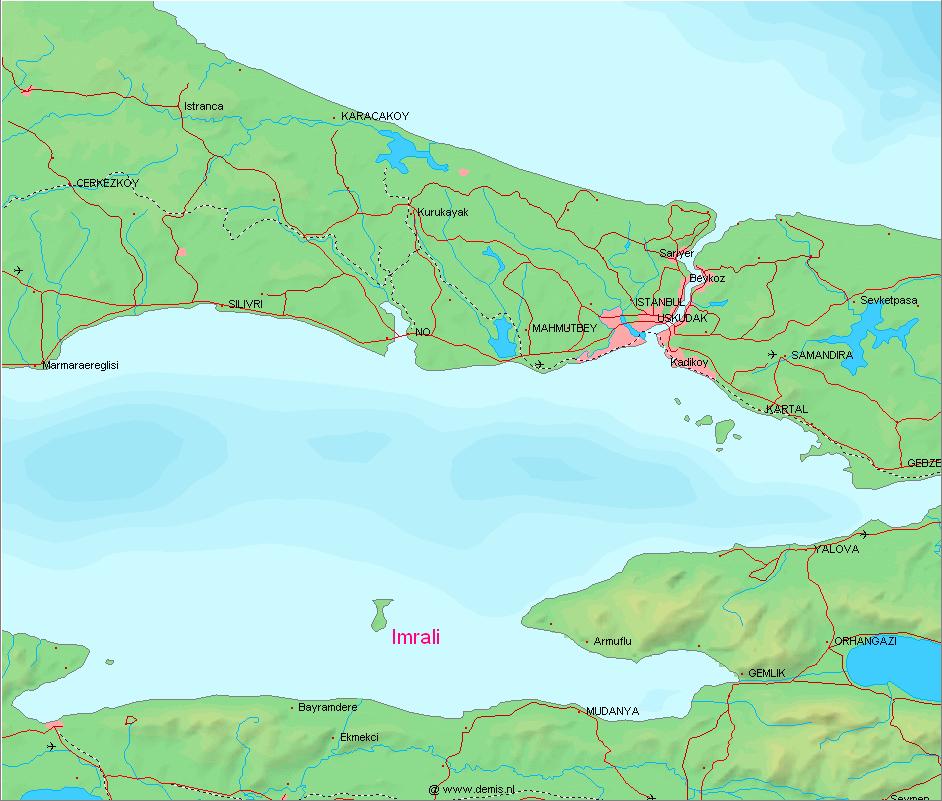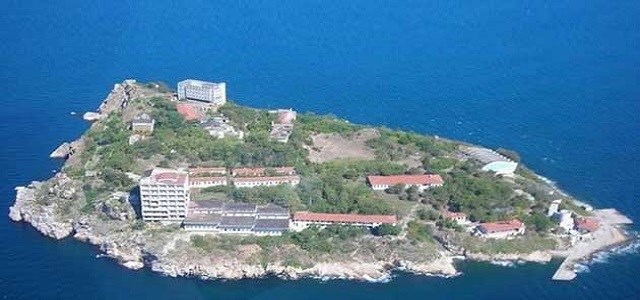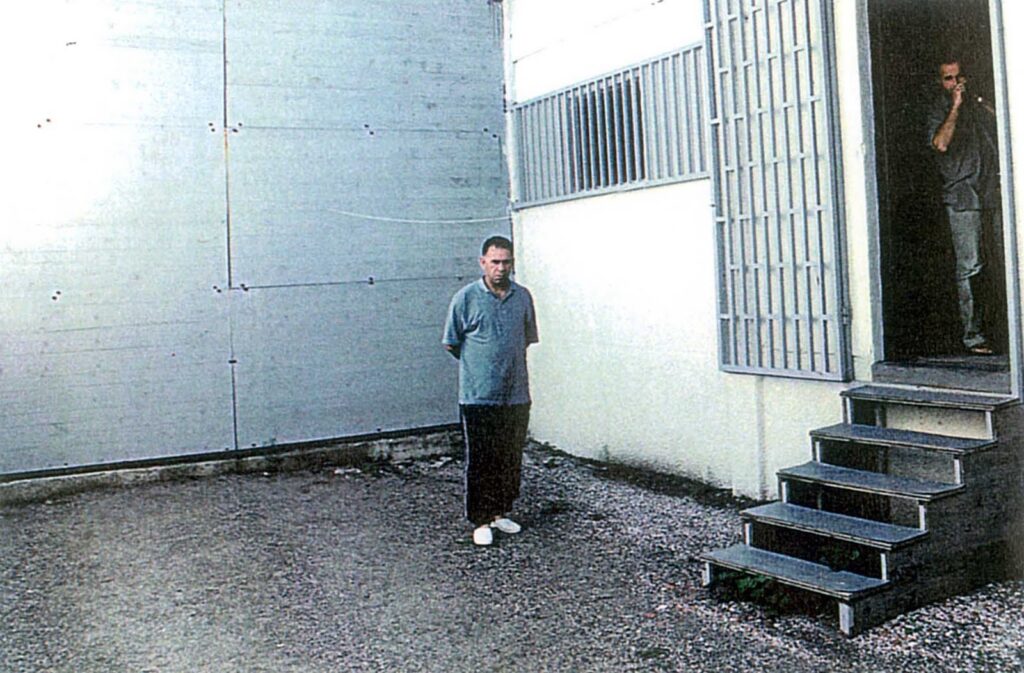🔷 #Turkey continues to hold PKK leader Abdullah Öcalan under total #isolation in Imralı island prison. Kurdish academic Dersim Dağdeviren compares the environmental and political pressures experienced by #Ocalan, to the wider, pressing need for climate action and international… pic.twitter.com/HOr0AAdfak
— MedyaNews (@1MedyaNews) November 14, 2023
Turkey has detained PKK leader Abdullah Öcalan under total incommunicado isolation since March 2021 on the tiny island of Imralı, set in the Marmara Sea. The air is thick, humidity high, and doctors have noted the detrimental effects of the intense climatic range on his health. In an article published by Özgür Politika, physician and Kurdish academic Dersim Dağdeviren compares the environmental and political pressures experienced by Öcalan, to the wider, pressing need for climate action and international peace.
A translation of Dersim Dağdeviren’s piece is as follows:
Dersim Dağdeviren
According to Köppen and Geiger, the climate classification for the Marmara Sea, where Imralı island is located, is Csa. The Csa climate zone signifies a temperate warm climate with hot and dry summers. However, changes in climate zones must be considered.

Humidity on the island sometimes reaches 80-90 per cent. It is subject to strong fluctuations. January has the highest relative humidity and September the lowest, but it is still 68.86%.
The optimum humidity should be between 40% and 60%. It is important that the room humidity is only slightly above 40% when falling asleep, because the air humidity increases continuously during the night due to breathing air and night sweating.
Excessive relative humidity directly affects the hygienic climatic conditions. This leads to the proliferation of bacteria and other pollutants.

The air quality in the Marmara region is currently described as moderate. However, the main pollutant PM2.5 is 3.4 times higher than the WHO annual guideline value. Since PM2.5 is very small, it can penetrate deeper into the respiratory system.
Humidity can actually be reduced by ventilation and thus a favourable room air can be created. For this purpose, the windows should be fully opened 3 to 5 times a day, each time for 5 to 10 minutes. If there is no wind and the temperatures inside and outside are similar, ventilation for 15 minutes is also possible. In cold weather the ventilation time should be less. These measures are not possible on İmralı Island, on the one hand because of the humidity and on the other because of prison regulations.

“Doctors tell me that they find both the humid air and the conditions in which I cannot get enough air unfavourable for a definitive and successful treatment, especially with regard to respiratory complaints.”
This point stated by the Kurdish leader Mr Abdullah Öcalan in his meeting with his lawyers is a call to us physicians.
In order for Mr Öcalan to breathe, we all need to give a breath. And, Mr Öcalan’s paradigm is also significant in terms of climate. As doctors, we must fight for all of us to breathe fresh air and for the wind of peace to blow.
* Dersim Dağdeviren is a physician, co-chair of Kurd Akad, a network of Kurdish academics, board member of the EU-Turkey Citizens’ Commission, vice-chair of the Marburger Bund, a professional association and trade union for doctors in Germany, and board member of the ASG NRW, a working group of social democrats in the health sector.










